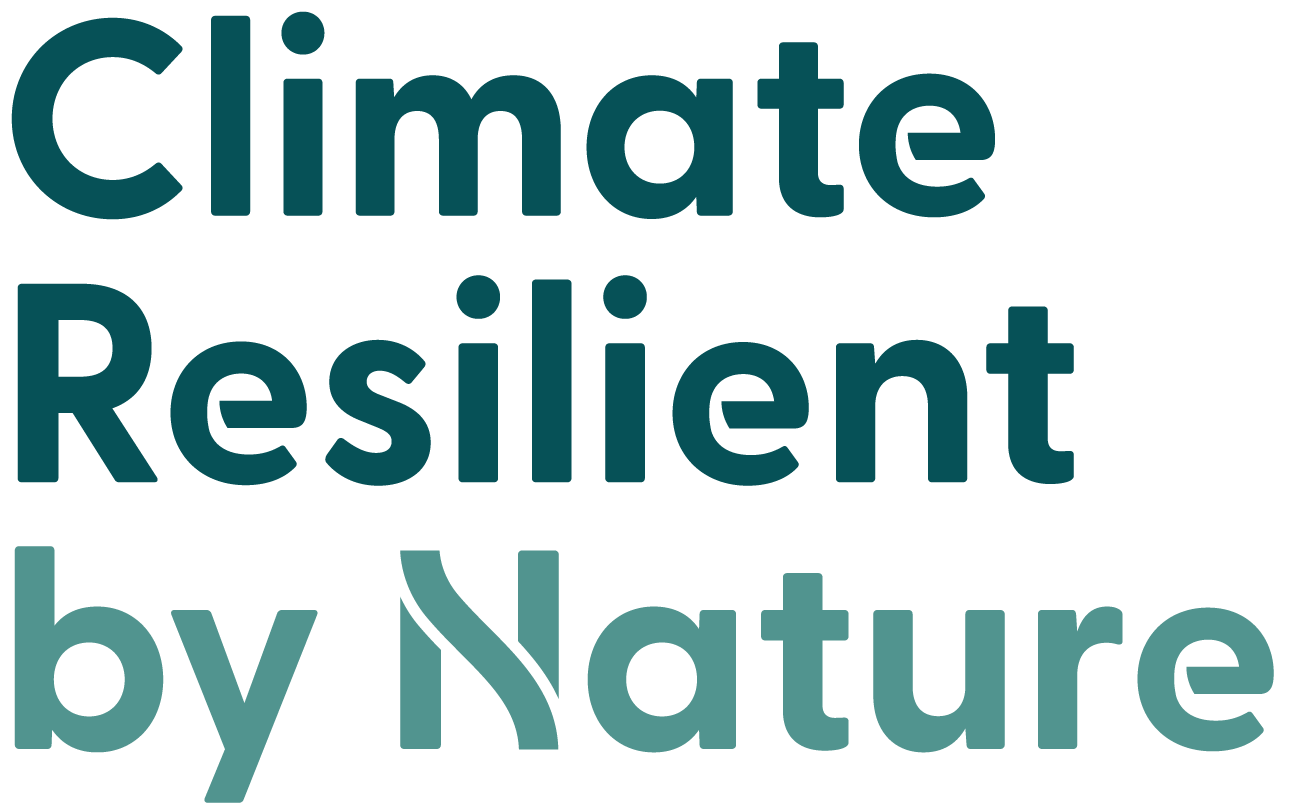Nature-based Solutions in Vanuatu & PNG
Live & Learn staff and traditional landowners celebrating the launch of the Loru Community Conservation Area with tree planting, Santo, Vanuatu; Image: Tim Nelson
The Australian Government, in partnership with WWF-Australia, is working with NGOs, local communities and Pacific Island governments to protect and rehabilitate biodiverse ecosystems, diversify livelihoods, mitigate climate change and develop sustainable carbon markets.
In Vanuatu and Papua New Guinea, Live & Learn is partnering with the Nakau Programme, to establish four pilot activities to deliver carbon finance to communities undertaking forest protection and restoration activities.
Nakau’s aim is to substantially increase the area of ecosystems protected, restored and managed under sustainably financed community-based conservation arrangements. It aims to achieve this goal while enhancing Indigenous peoples’ rights and wellbeing, and reducing vulnerability to climate change impacts.
“In the Pacific, the potential for carbon financed NbS projects has been on the agenda for around a decade. However, although some projects exist there are not enough examples to demonstrate the potential of this sector as a replacement economy for currently unsustainable activities such as industrial-scale logging, says Christian Nielsen, Executive Director of Live & Learn International
“As such, there is a need to demonstrate and learn from projects that can foster an increased commitment of governments, civil society organisations, and private sector actors to participate in this innovative sector.”
Live & Learn will engage local partners to grow the number and diversity of practical carbon financed NbS projects. Investment into the development of projects on different land tenures and scales will expand the opportunities for learning and replication.
Live & Learn will support communities to strengthen various resources, including systems, templates and methodologies, that simplify the pathway and reduce costs for partners to develop forest carbon projects with integrity that can access markets.
“Maintaining integrity standards, a high project success rate and long-term sustainability is key for opening pathways for private sector investment into Pacific Island community projects.” says Christian.
Community-level, context-specific climate information will be generated, shared, and used to help communities, governments, and other stakeholders strengthen their understanding of climate risks and guide their adaptation decision-making across various scales.
The Project sees the integration of Indigenous knowledge and climate science as essential for local-level and nature-based solution processes. It will also support the Pacific’s ability to continue to value and benefit from their pristine environment – and contribute to addressing the global climate challenge.


